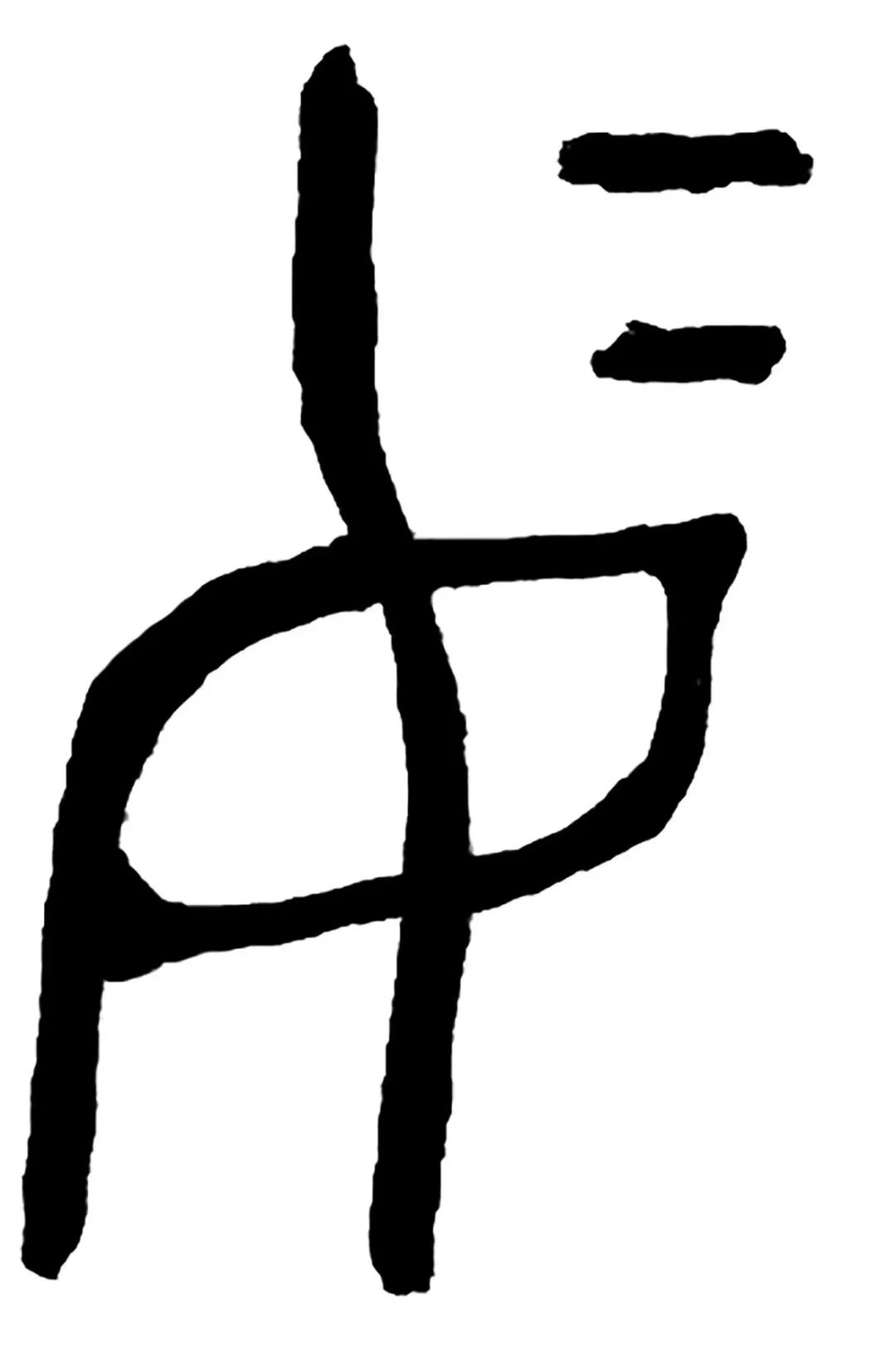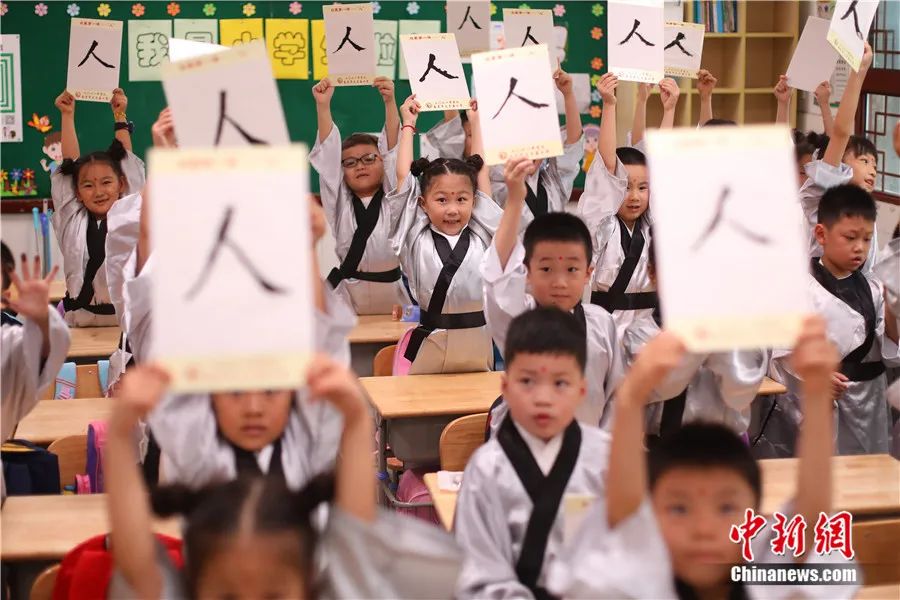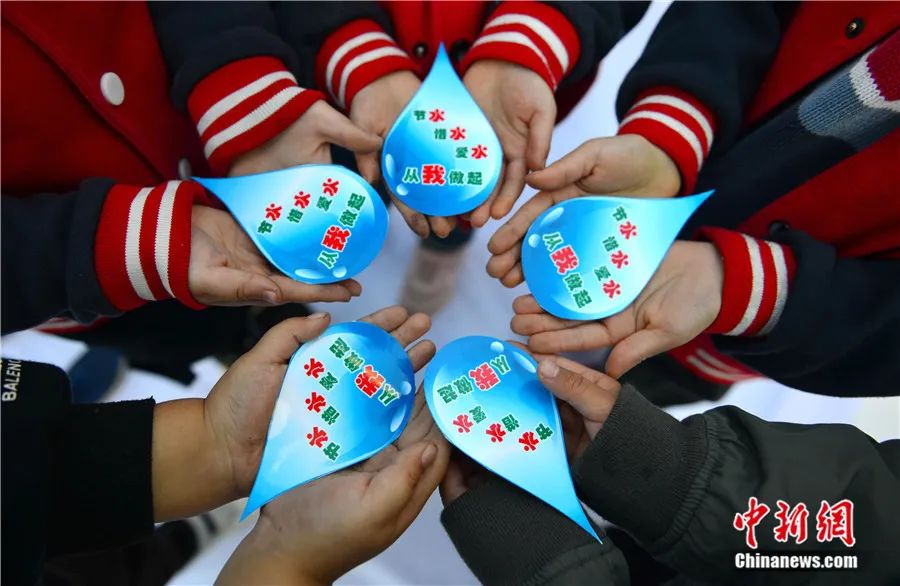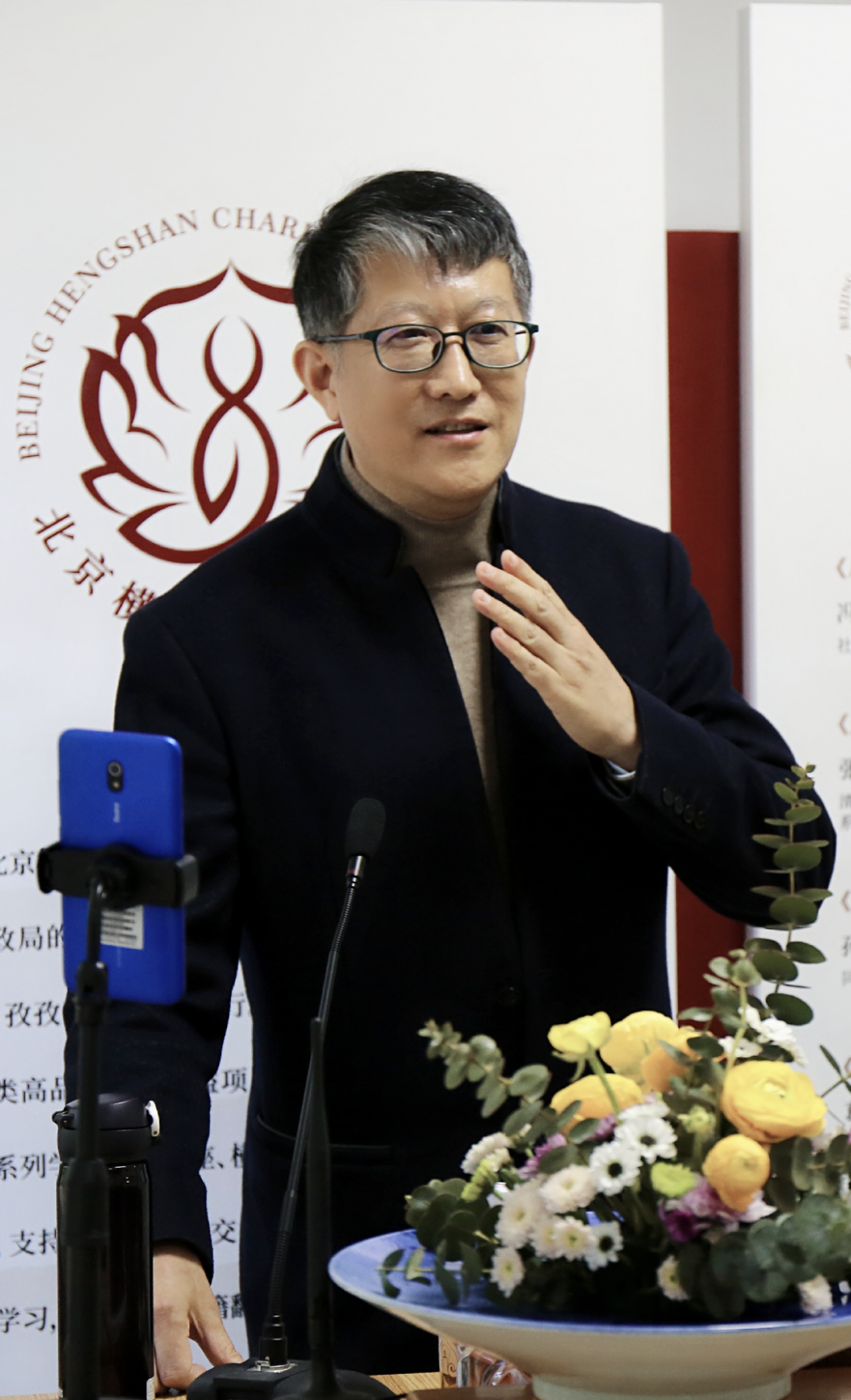Feng Shi: Why does the "love view" of Chinese civilization reveal the present?|
Author:China News Weekly Time:2022.09.05

"Ren" is one of the keywords to understand Chinese civilization
Author: Feng Shi Member of the Chinese Academy of Social Sciences and researcher of the Institute of Archeology of the Chinese Academy of History
Number of full text: 2349
Estimated reading time: 8 minutes

In the long history of thousands of years, the Chinese civilization has gradually formed and developed the spiritual characteristics of talking about love, emphasis on the people, keeping integrity, respecting justice, Shanghe, and seeking Datong. For Chinese and foreign people who care about China and future development, in -depth understanding of the unique spiritual characteristics of Chinese civilization, it will help better understand the path of Chinese national conditions and development.
"Ren" is one of the keywords to understand Chinese civilization. In the long historical continuation, the Chinese tradition's view of benevolence has profoundly affected the Chinese people's awareness of the relationship between themselves, society, nature, and world. The wisdom can be reference by today's society.
The concept of benevolence of Chinese civilization is the blog love beyond the love of kiss
The concept of the universe of people in Chinese texts tomorrow emphasizes the three talents of the harmony of the heavens and the earth. The concept of Hui Shi Sancai is Rende.
The interpretation of the word "benevolence" in "Speaking and the Words" is: "Ren, dear. From the person, from the two." Scholars Xu Yan, the Northern Song Dynasty, thought: "Benevolence and love, so from the second." Ren meant to love others , Not to love yourself; it is love, not self -love. Therefore, the word "benevolent" is "two", intending to express each other.
However, according to the analysis of the word "benevolence" in the Western Zhou Dynasty, this statement is actually not correct. The word "benevolence" in the Western Zhou Dynasty, from "two" from "two", and the word "two" is not a number, and its writing is more like a sign symbol. This means that the word "benevolence" has evolved from "female" or later to "people". already. As "Mencius Liang Hui" said: "Old and old, old people, young and young, and young people." The dear meaning of each other's indiscriminate meaning of each other is very clear.

The word "benevolence" in the golden period of the Western Zhou Dynasty. Interviewee confidence
The concept of benevolence of Chinese civilization is not the love of blood relatives and the love of husband and wife, but the love of the love of love, the so -called "filial piety, the people of love the world" (the "Tang Yu" of the Warring States Chu Zhushu). The word "benevolent" is the word "female", which is precisely the metaphor of "Ren" who has the same name beyond blood. This kind of benevolence, people outside of themselves, pushes the relationship between people, society, and nature, and its thinking perfectly establishes the concept of benevolence of Chinese civilization.
Rende of heart is the fundamental of human beings
Why think? This is the fundamental issue of Chinese culture and the core issue explained by traditional civilization theory. The word "human" expressed in ancient words, the vertical form of a person, means "benevolence" through voice transmission. To be precise, the word "human" is expressed by its pronunciation to express the idea of "Huairen virtue", which reflects the significant characteristics of the traditional Chinese civilization concept.

On September 13, 2021, the new students of Nanjing Confucius Temple primary school showed the word "people" they wrote. China News Agency reporter Yun Bo Photo
In fact, in ancient China, at least eight thousand years ago, he was thinking about the fundamental question of "why is it". People have diet, there are beasts, and people have the nature of reproduction, and there are beasts. So what is the standard of distinction between people and beasts? The final establishment of the sages is not materialized, but the focus on moral cultivation, which not only reflects the way of adults, but also formed the foundation of Chinese civilization.
"Book of Rites · Qu Li" said: "Parrots can speak, not to leave birds. Orangutan can speak without being separated from beasts. Today, people are rude, although they can speak, they are not the hearts of beasts!" The concept is still inherited by the Chinese.
Another writing of the word "human" is used as "child". "Said the text" Yun: "Child, benevolent." "The Golden Mean" even more bluntly: "Benevolence, people also." "Zhou Yi · Said Gua" believes: " It expresses the guidelines for being a person who is benevolent. Confucius once lamented: "People are not benevolent, what is ritual? People are not benevolent, what is music?" He believes that those who have no benevolence are not worthy of people, and of course they do not need to talk about ritual music with them. Facts have proved that the thoughts of the sage's Huai Ren were completed as early as the Western Zhou Dynasty. The Zhou people pursuing thousands of years, and they reflected the thoughts of Rende.
In fact, benevolence is based on the relationship between each other, so benevolence and faith constitute the basis of the traditional Chinese moral system. Benevolence is not a principled pan -love, nor is Mr. Dong Guo's confused love of the thief, otherwise it can only be pedantic. Therefore, the foundation of faith is very important.
Benevolence must first believe in himself, and then to others. The roots of the benevolence of Chinese civilization are planted in integrity, which means that the benevolent benevolence will inevitably become the foundation of human beings.
Benevolence is deeply revealed to today's society
When it comes to Rende, I have to mention gifts. In Chinese civilization, the two sides of rituals and virtues are the two sides of the matter. Erisamy is to be people, so the ancestors make rituals and teach people, the purpose is to control the desire of the person.
The ancients thought that natural resources were limited, and the food produced by humans was also very limited, and they could not splurge. The desire of a person determines the needs. If you have desire, you must ask for it. Obviously, the root of chaos is that people's desire to grow, so it is necessary to control people's desires. This is ritual. "The Analects of Confucius · Learning" quotes Confucius: "Plug -in and loved people." Obviously, saving and not waste is actually the specific expression of benevolence. These thoughts are very simple. Confucian philosophy advocates festival desire, and Xunzi proposes to "nourishment". It does not mean to cultivate a lot of human desires, but to adjust people's desire to a reasonable range. As for Taoist philosophy, it is even more advocated. Therefore, Chinese culture has always opposed indulgence, but indulgence is not benevolent. These excellent thoughts not only become the connotation of traditional benevolence, but also reflect the deep thinking of the sages' sustainable development of human civilization.
In November 2019, in Hefei City, Anhui Province, children showed saving water promotion and stickers. China News Agency to send winter life photos

The essence of traditional love is respectful and respectful, so extravagance is not benevolent, and the storm is not benevolent. Gu Yun's "success and frugality from luxury", Jinyun "corruption and waste is a great crime", is the embodiment of the concept of benevolence. Today, there are still extravagant consumption in some places, the impulse to eat grain -style advanced consumption, and commercial development behaviors that destroy the natural environment. These must be abandoned with the benevolent view of Chinese civilization.
In addition, it is important to point out that the concept of benevolence in Chinese civilization is not only reflected in the love of others, but more importantly, the natural love for heaven and earth.
Lao Tzu believes: "The heavens and the earth are not benevolent, and all things are the dumplings. The saints are not benevolent, and the people are the puppets." The dumplings throw away in the sacrifice activities. Although they can meet the needs, they are garbage. Based on this, the form of production that can produce a huge amount of garbage deviates from the kindness of Chinese civilization. If the matter is prosperous, it must have a disadvantage. How to avoid harm is a problem that the modern civilization society must think deeply.
The connection between benevolence and grace is also very close. Nature is given benevolence, the earth contains all things, the heavens are vertical, the ancestors are based on the earth, the law is used in heaven, and all the costs are from the gifts of heaven and earth. Nature is used by human materials, reflecting the benevolence of heaven and earth. The ancient sacrifice of the ancients at the end of the year was for the wax festival. The purpose was to thank the heaven and earth for helping the world for help. When the heavenly sacrifice, he must thank the eight kinds of gods that have helped people. According to the "Book of Rites · Suburb Special", the objects of the reward are the sheds, cat tigers, dams and water canals of Shennong, Houyi, Hundreds of kinds, and farmers in the field. This kind of thing is grateful, reflecting the kindness of the ancients.
Aviation in Yangkai Terraces of Rongjiang County, Guizhou Province. Photo by He Junyi from China News Agency

The gratitude of all things in the world of Chinese civilization and love is still very valuable and practical. The benevolence of nature is guiding China today to adhere to the path of harmonious and sustainable development with nature.
About the Author:

Interviewee confidence

Feng Shi, a member of the Academic Department of the Chinese Academy of Social Sciences, a researcher at the Institute of Archeology of the Chinese Academy of Social Sciences, a professor of graduate school of the University of China, and a doctoral supervisor. It is mainly engaged in the study of ancient literature and astronomical archeology, and the governance Zhou archeology, pre -Qin history, astronomical age, ethnic ancient literature, historical literature, history of ancient thoughts, and history of scientific and technological. Publishing "Chinese Astronomy and Archeology", "Civilization": Ancient Astronomy, Thought and System "," Ancient Chinese Astronomy and Humanities "," Shang Pu Tang Wencun "," Introduction to Chinese Ancient Artists "and other academic works, published papers 260 Yu article, editor -in -chief "Golden Wen Literature Integration".
Text Editor: Cui Bailu
Image editor: Man Huiqiao
- END -
2022 Longkou Cultural Tourism "Double Reception and Double Quotes" (Nanjing) Special and Cultural Tourism Resources Promotion Conference Live Trailer

On August 11, Nanjing will hold a special session and cultural tourism resource pr...
Classic appreciation: eight monsters are not ugly

Eight Monsters in Yangzhou is the most prestigious calligraphy and painting genre ...